
David Earnshaw
Chair of Corporation
David graduated within an Engineering Degree from Bristol University in 1987 and since then has been working in the UK manufacturing sector.
Governance
Boston College's Governing Body, also known as the Corporation or the Board, is made up of a group of people drawn from a number of different sectors of the local community as well as staff and students at the College. The full Board normally meet five times a year with an additional two planning sessions in November and March each year.
Most Boston College Governors are also members of one of the Board's committees. At present these are Finance and Resources, Standards, Audit, Remunerations, and the Search and Governance Committee. The committees meet at intervals and times to meet their own requirements.
The role of the Corporation is to set the strategic direction and framework which the College operates, monitors results and supports the College to provide a high quality and effective learning experience for everyone who enrols at Boston College.
Main Duties of the Corporation
The College's Governing Body is very similar to a Board of Directors in a company. The main part of the Board's work should be outward-looking and strategic. The day to day running of the College, the operational management, is left to the College Principal and her senior team. There is a legal framework within which the Board operates and the Clerk to the Corporation provides guidance on such matters and on the best processes to adopt in the interests of 'good governance'. The Board oversees the spending of public money and should be open and accountable in all that it does. There is a Code of Conduct for Governors which sets the standards within which they will perform their duties.
The Governing Body is accountable for the success of Boston College and works within the legal framework laid down in the Instrument and Articles of Government. Only the Governing Body has authority, not individual governors. The Board can only speak with one voice. Individual governors can, of course, present advice to managers outside Board meetings but this is only advice. Only members acting collectively can take binding decisions. This means that, in practice, individual governors have no legal liability. However, should the Board take decisions which are beyond its power, it could be held collectively liable and individual governors could be held personally liable. However, there are no examples of this ever happening in a college. There have been examples of failing colleges where Governing Bodies have been replaced but this is extremely rare. The Governing Body publishes a report within the College’s annual accounts on its work and compliance with regulatory requirements.

Chair of Corporation
David graduated within an Engineering Degree from Bristol University in 1987 and since then has been working in the UK manufacturing sector.

Vice-Chair of the Corporation
David lives in locally, raised in Kirton, and is the Director of Frampton Consulting - a Property and Facilities Management Services Consultancy.

Director of Governance and Operations at C.I.T
Daran is the Director of Governance and Operations for the Community Inclusive Trust, an education multi-academy Trust with 14 Lincolnshire based schools.
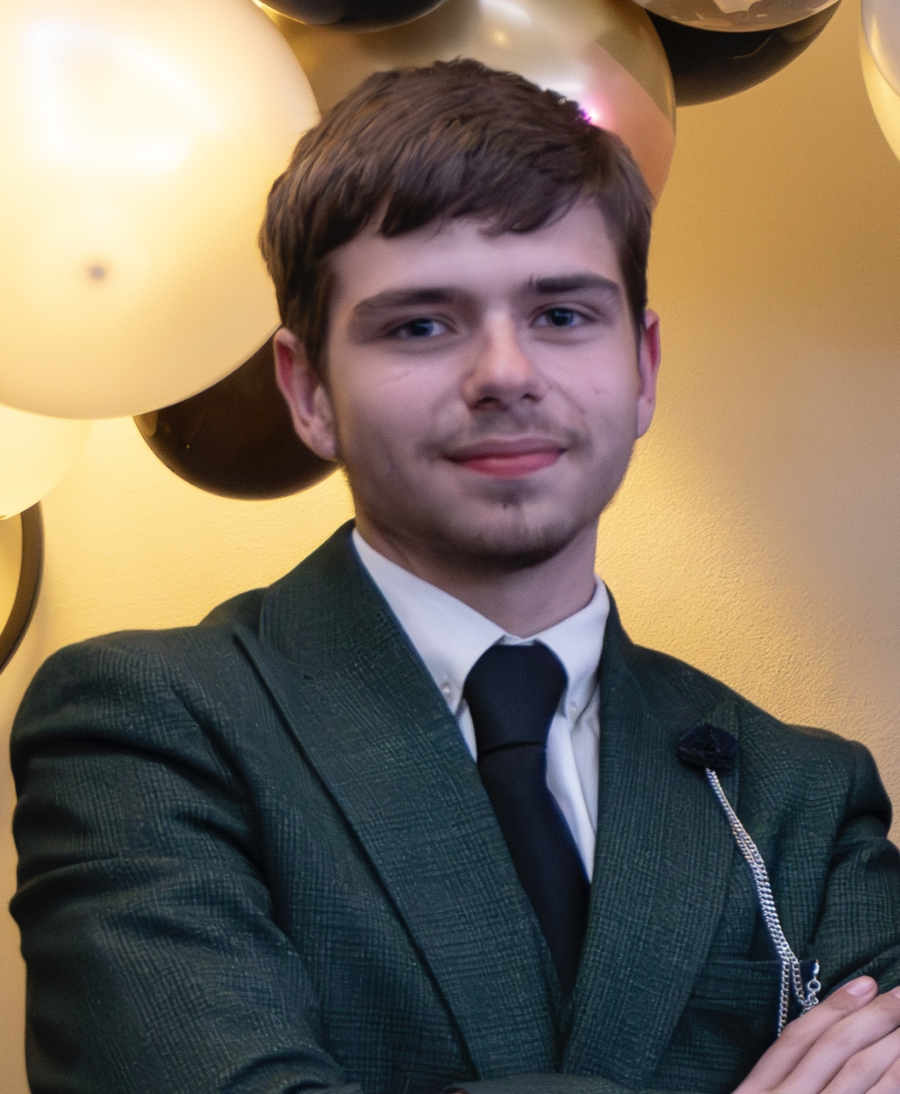
Boston College Student Governor
Jacob left Cowley Academy in 2024 and came to Boston College to study Level 3 Uniformed Public Services.
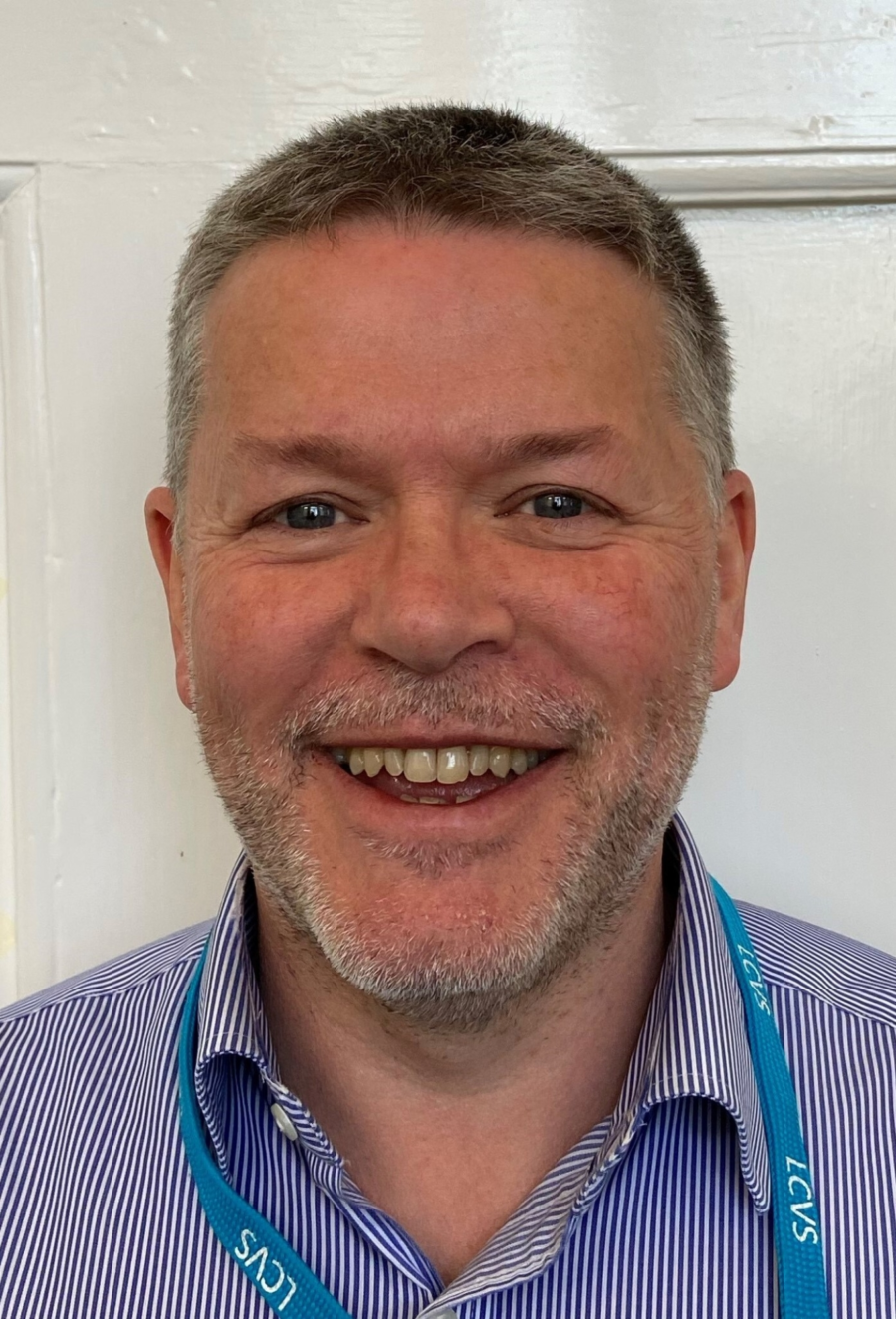
Chair of Theddlethorpe GDF Community Partnership and Chief Exec (retired) Lincs Community and Voluntary Service
David is Chairman of the Theddlethorpe Community Partnership, bringing together the developer Nuclear Waste Services, local government, and the local community on the east coast of Lincolnshire to work on proposals for siting of the UK’s Geological Disposal Facility for high-risk nuclear waste.
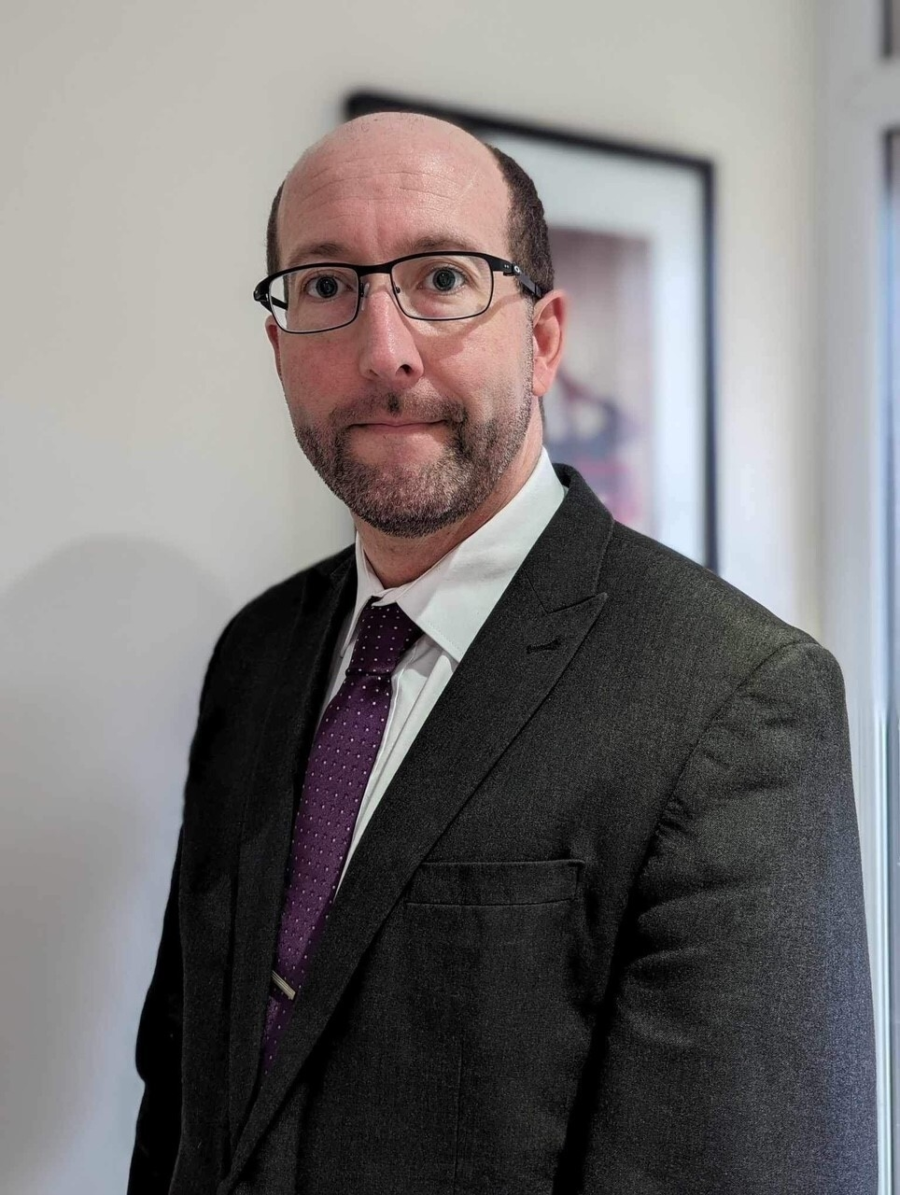
Corporate Director of Place at Huntingdonshire District Council, Town Planner, and a Chartered Member of the Royal Town Planning Institute (MRTPI)
Mike has worked in Local Government since 2005 in a variety of Planning roles in District, Borough and Unitary Councils; and was previously Assistant Director for Planning & Strategic Infrastructure at the South & East Lincolnshire Councils Partnership. I
Boston College's Senior Learning Lead for Construction, Plumbing and Gas
After leaving Giles in 1987, Nick embarked on a YTS Bricklaying apprenticeship with R. Harvey Builders of Boston while studying at Boston College.
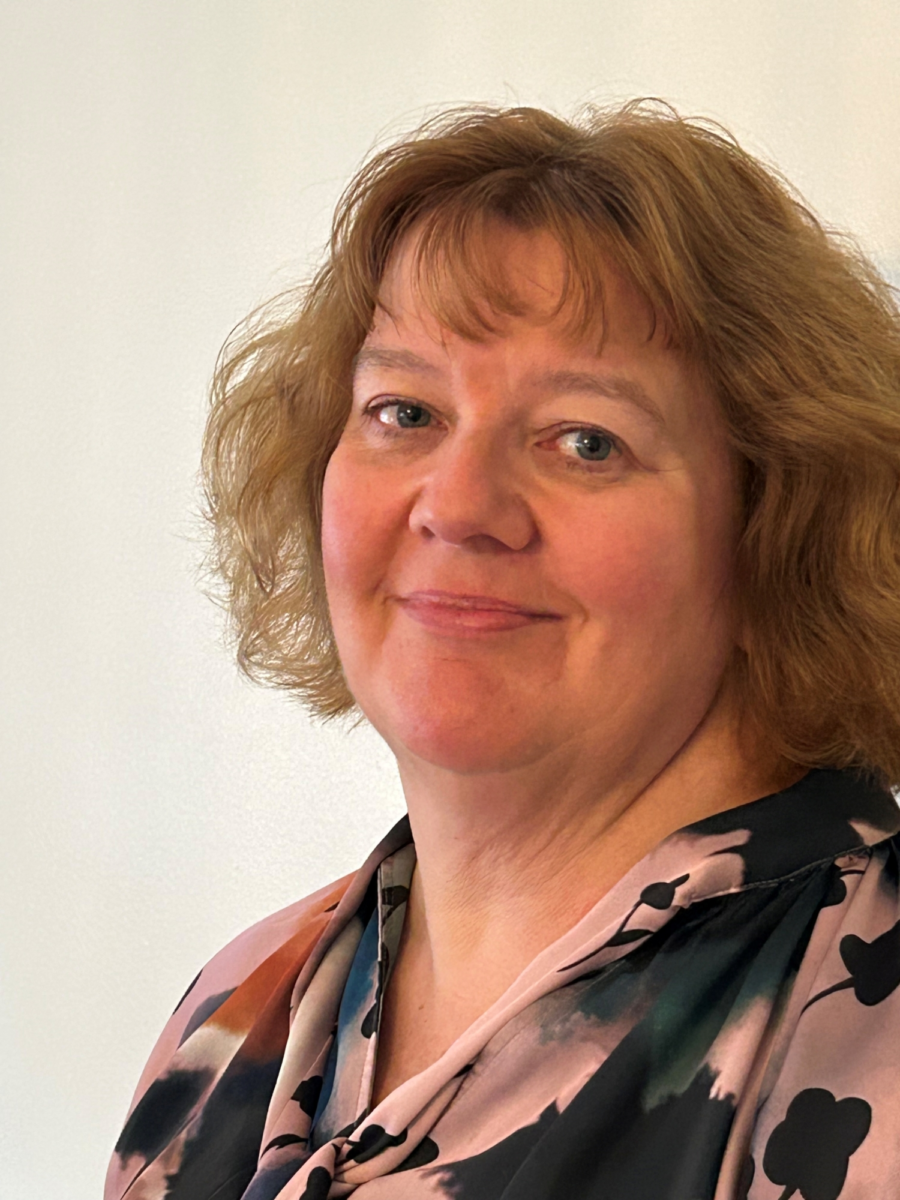
Human Resources Director, Health Transportation Group
Strategic people leader, Non-Executive Director and Trustee, Heather has extensive people and culture leadership experience across a range of sectors including retail, manufacturing and distribution.
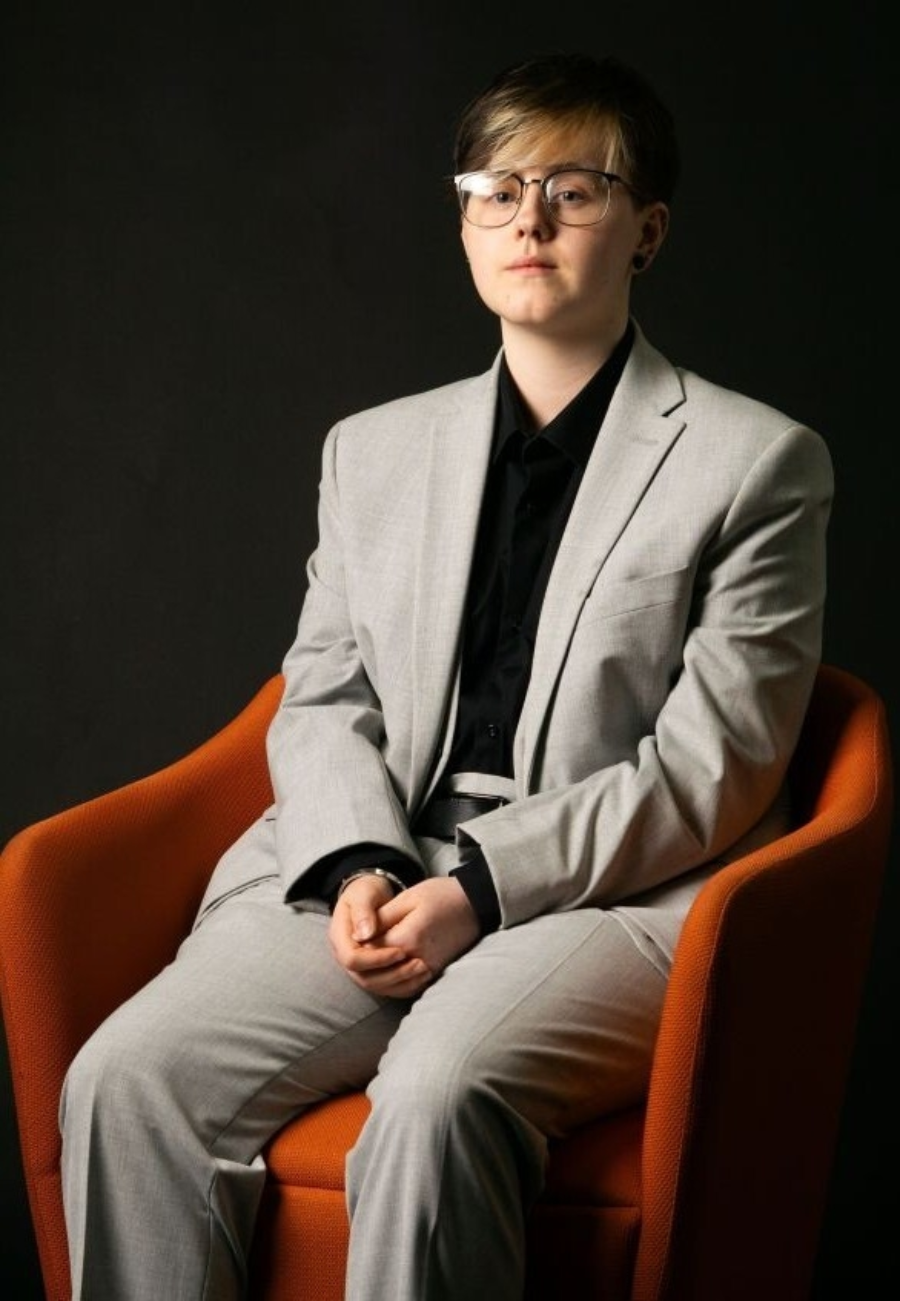
Boston College Student Governor
After taking a gap year, Jessica joined Boston College to study the Animal Management Extended Diploma Level 3 as an aspiring Veterinarian.
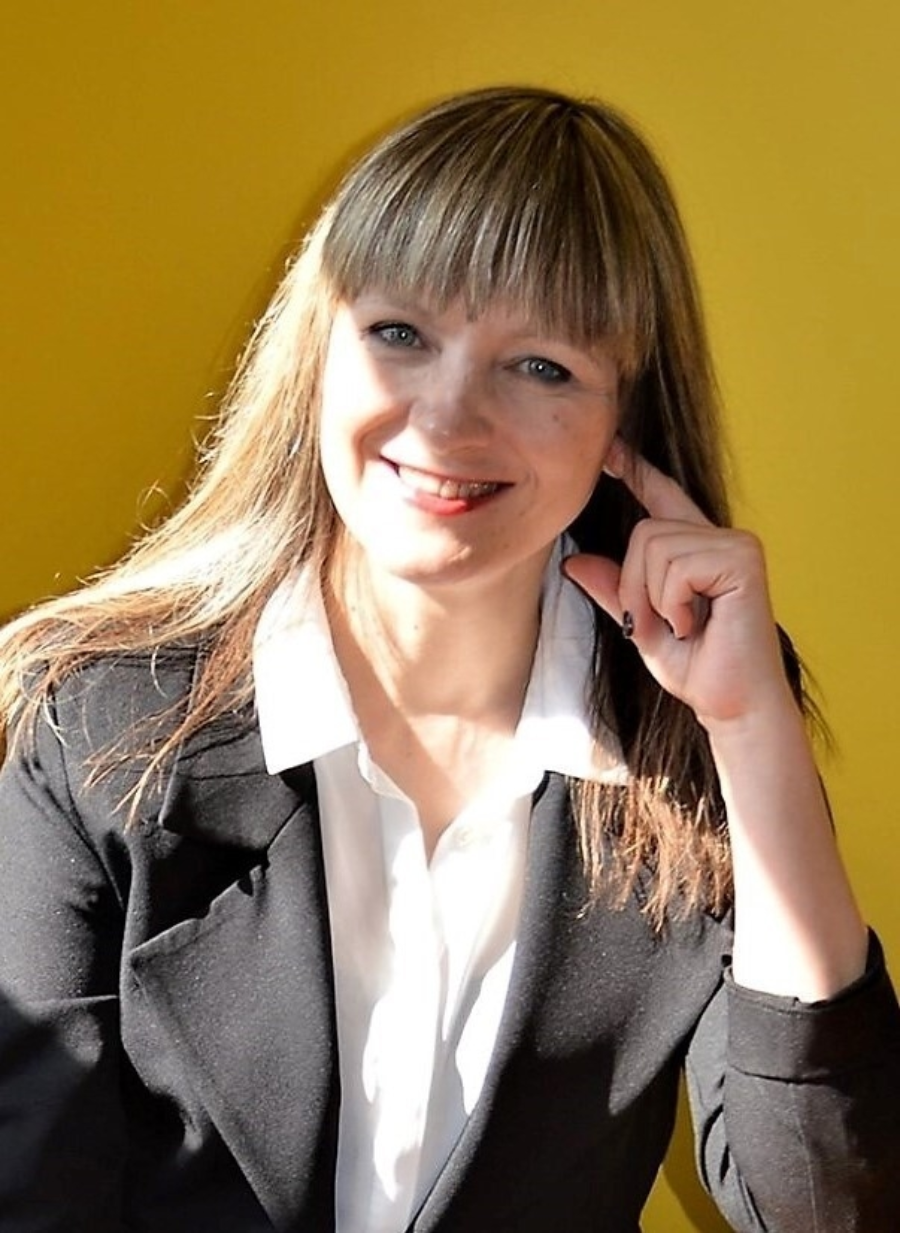
Chairperson of BLC Group, Managing Director of the Boston English Academy and Boston Lithuanian Supplementary School and Online Lecturer at Vytautas Magnus University
Jurate is the Chairperson of the Boston Lithuanian Community Group and the Managing Director of the Boston English Academy and Boston Lithuanian Supplementary School, which she established more than 10 years ago.
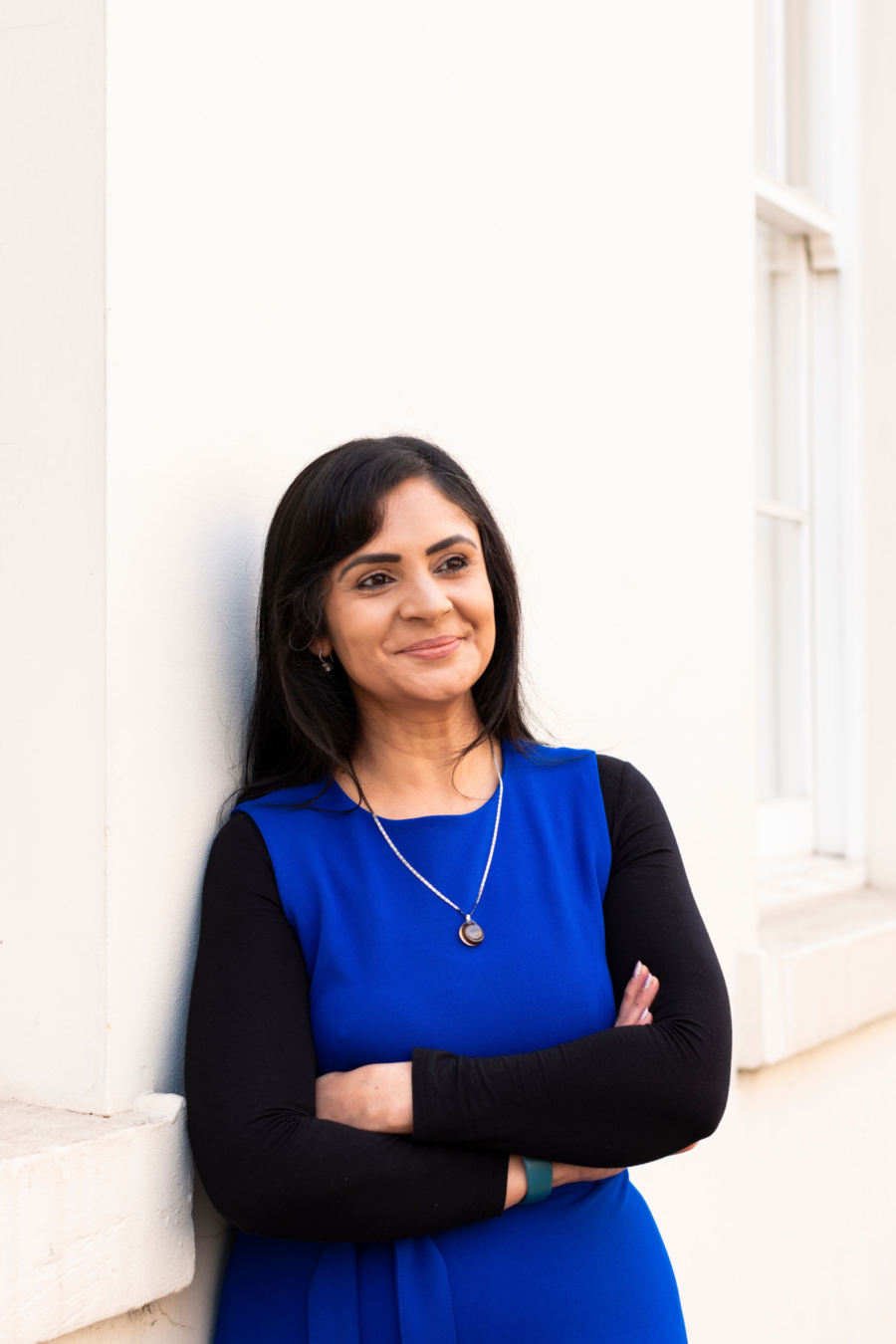
Managing Director and Co-founder of Devello Group
Shruti Trivedi is a highly experienced legal professional with a distinguished career in planning law and practice.
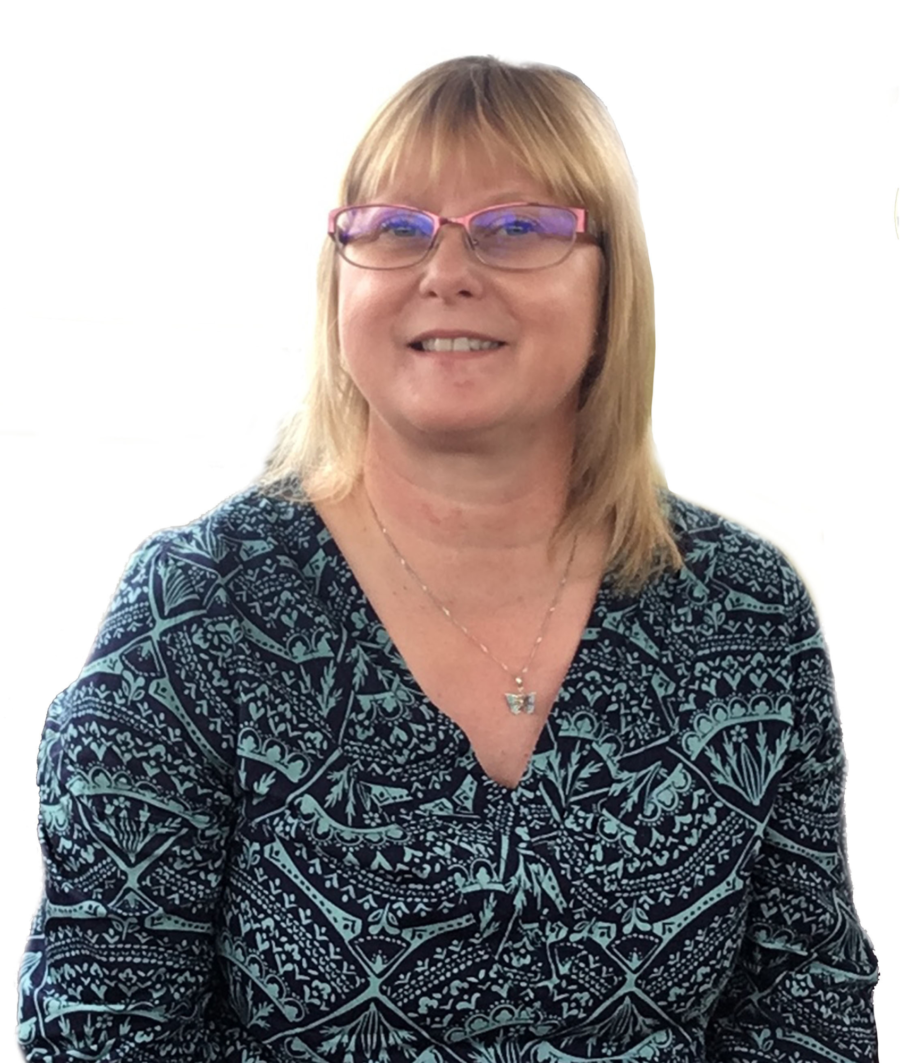
Chief Operating Officer - East Locality NHS Lincolnshire CCG
Sandra has worked in the NHS since 1993 and is a qualified accountant with a breadth of financial and management expertise gained with working across NHS organisations.
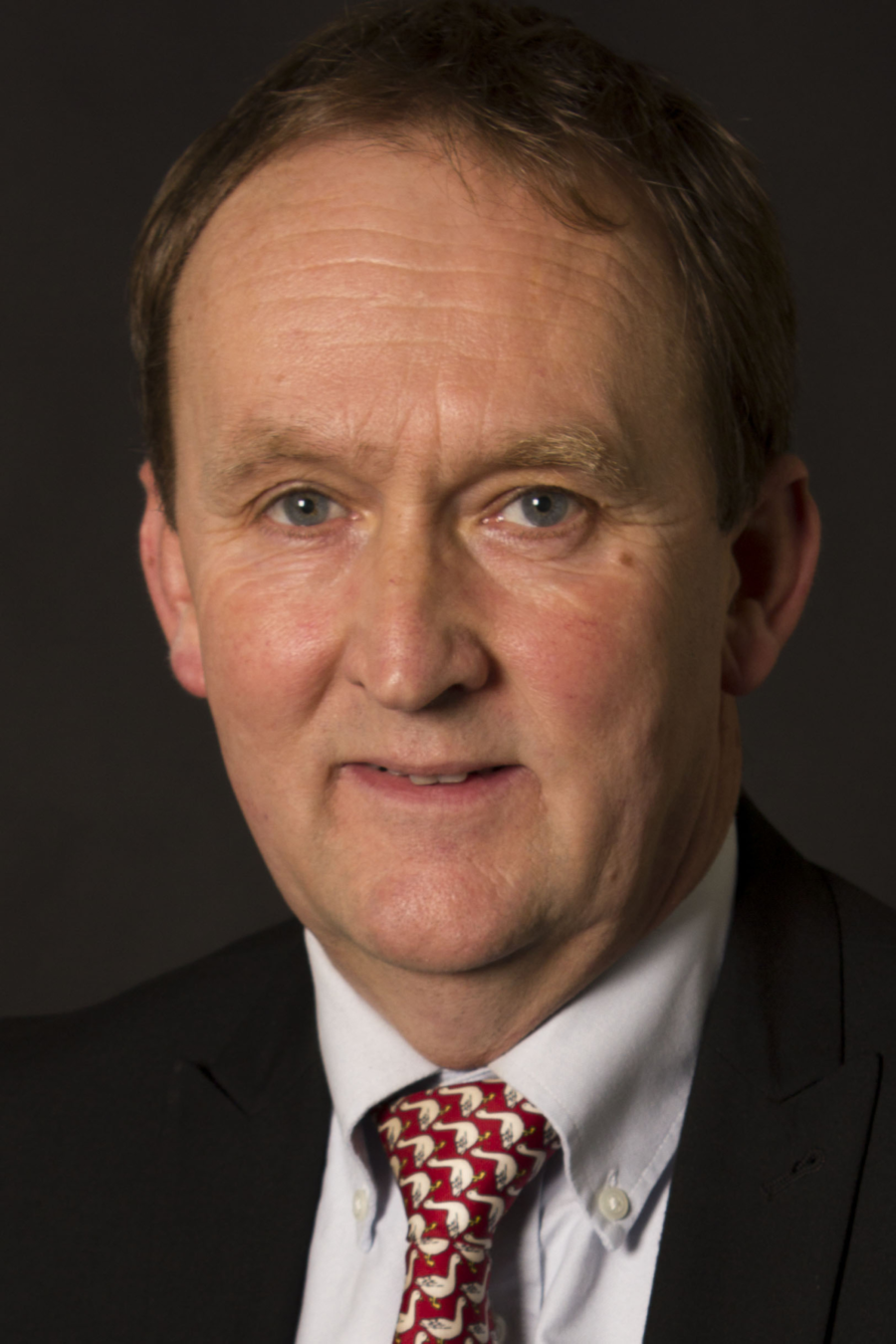
South Holland District Councillor
Nick has been a South Holland District Councillor for 24 years, 20 as Deputy Leader. In May 2023 Nick was elected Leader of the Council. He holds the Economic Development & Partnerships portfolio, which covers infrastructure, inward investment and skills.
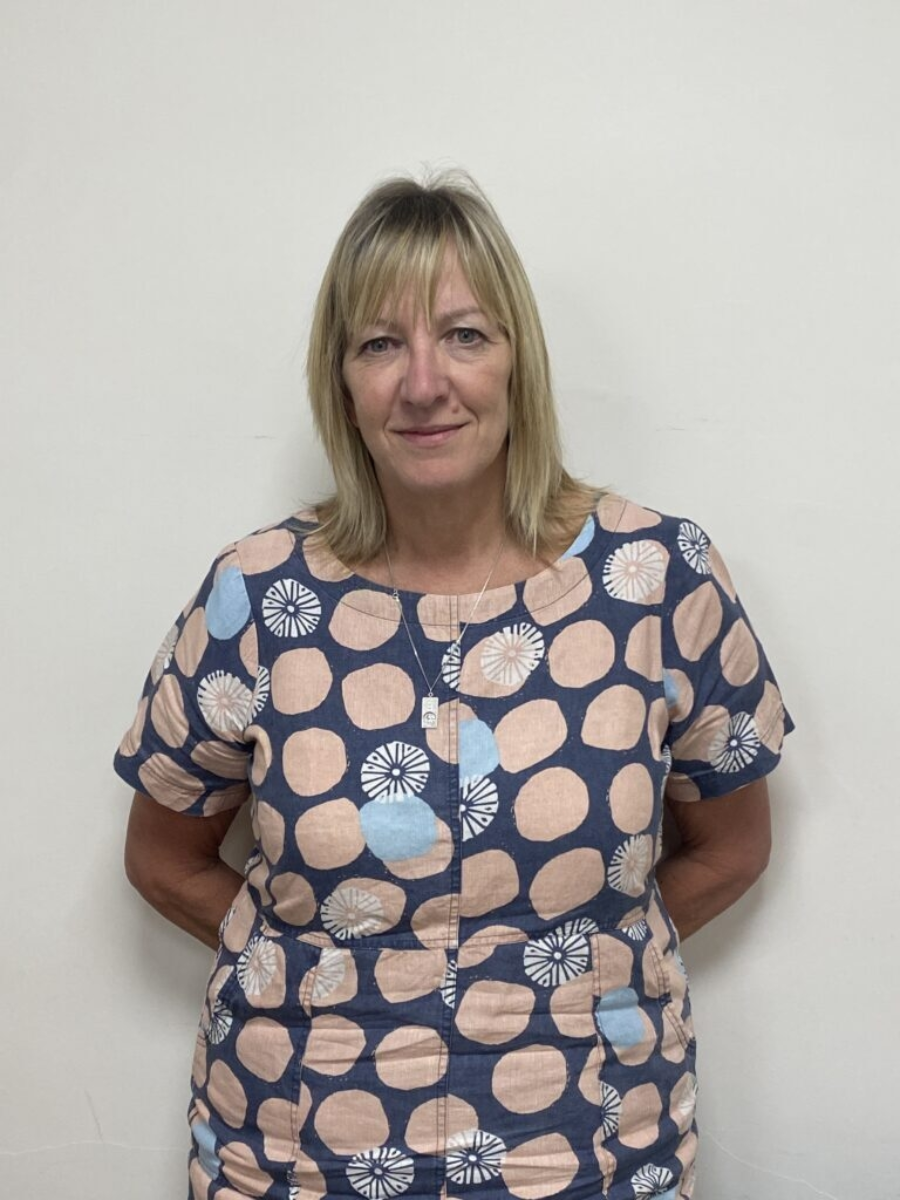
Boston College's Director of Information Services, Funding and Compliance Finance and Corporate Services
Fiona was born in Hampshire and spent most of her life living in Kent, before finally settling in Lincolnshire.
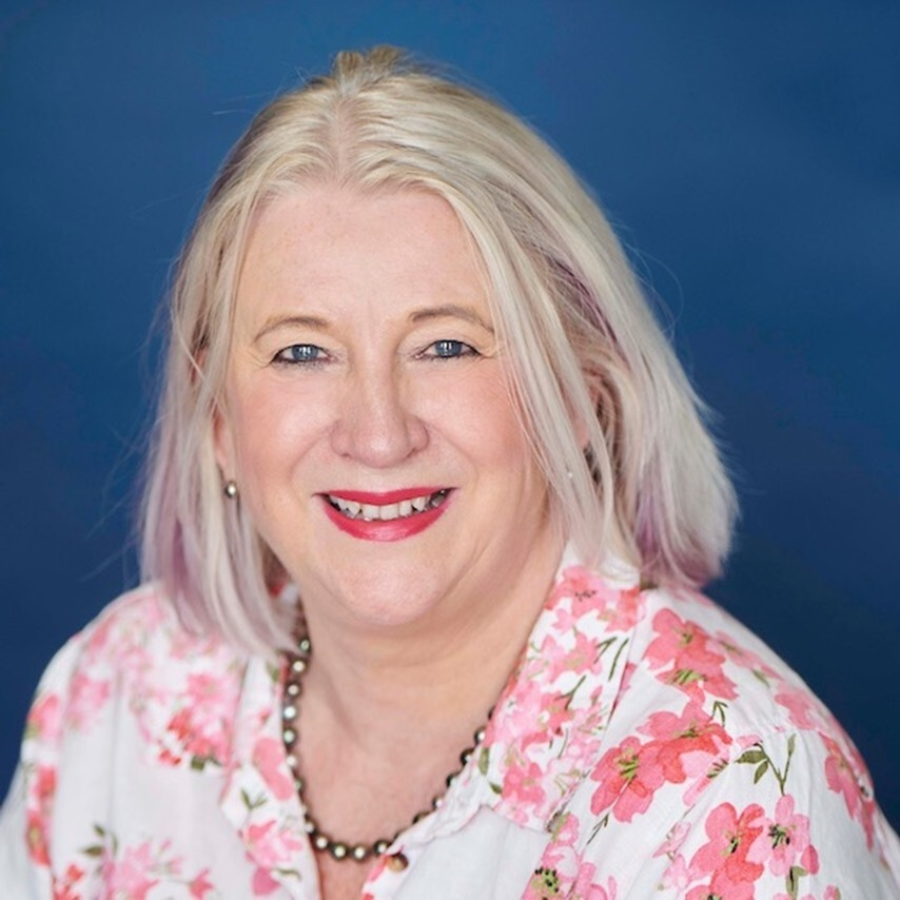
Founder and CEO of Minerva Consultancy Services
Amanda is the Founder and CEO of Minerva Consultancy Services – a membership and educational consultancy which focusses on supporting strategy development, organisational structure and target operating models for educational institutions like Awarding Organisations and Professional Bodies.
Are you interested in shaping the strategy and character of your local Further Education college?
Boston College is always interested in hearing from members of the community who would like to join the Board of Governors and help achieve the vision 'to be a brilliant college'.
The College Governors make an important contribution to the life of the College and its students, helping to ensure that it is well run and meets the needs of the local community. Boston College is keen that its governing body represents the local community. We want to ensure that there are people of different ages and from different backgrounds with varied experience, skills and commitment to help ensure that Boston College is achieving its strategic priorities and meeting the needs of its stakeholders. You may have experience in business or finance, in community service, in the voluntary sector or have a background in education.
There is not one type of person best suited to become a Boston College Governor. The most important thing is that you have a genuine interest in the way that Further Education can and should meet the needs of the people it serves, and a desire to contribute to the life of the College.
The main purpose of a Boston College Governor is to contribute to the academic direction, strategic planning and mission of Boston College; supporting the decisions of the Corporation on the basis of collective responsibility.
Main Duties and Responsibilities
If you would like further information on the role of a Governor at Boston College, please read Become a Governor at Boston College.
The role of a governor is a voluntary one and you will not be paid a salary. However, we are keen that people are not out of pocket as a result of taking on the role so you can claim travel expenses, and possibly other expenses in order to reduce barriers to becoming a governor.
Personal Benefits of Becoming a Governor:
If you would like to apply to be a Governor at Boston College, you can do so by emailing the Clerk to the Corporation on dfs@boston.ac.uk, who will send you a skills audit form to complete.
The Search Committee consider all applications and will consider issues such as skills and expertise gaps, balance of gender, ethnicity, and how well membership reflects the communities served by the College and try to enhance the quality of governance at the College.
If your application is considered, you will be invited to an interview and the Search Committee will then decide which name is to be put forward to the Board for consideration and formal appointment. A full DBS check will also need to be carried out.
Meetings of the entire Corporation take place on a regular basis. The Clerk can provide information on dates of forthcoming meetings on request. Draft agendas are normally drawn up three weeks in advance of the meeting, but are subject to revisions up to the point when papers are circulated to members. Details of meeting agendas are also available via the Clerk.
Admission to the meetings is limited, with non-members being admitted only by invitation of the Chair of the Corporation or Committee, subject to the agreement of a majority of the members who are in attendance at the meeting.
Papers for meetings are generally available for inspection at the College although some papers are withheld from publication if they relate to:
To read the Committee Meeting Minutes, please click the button below.